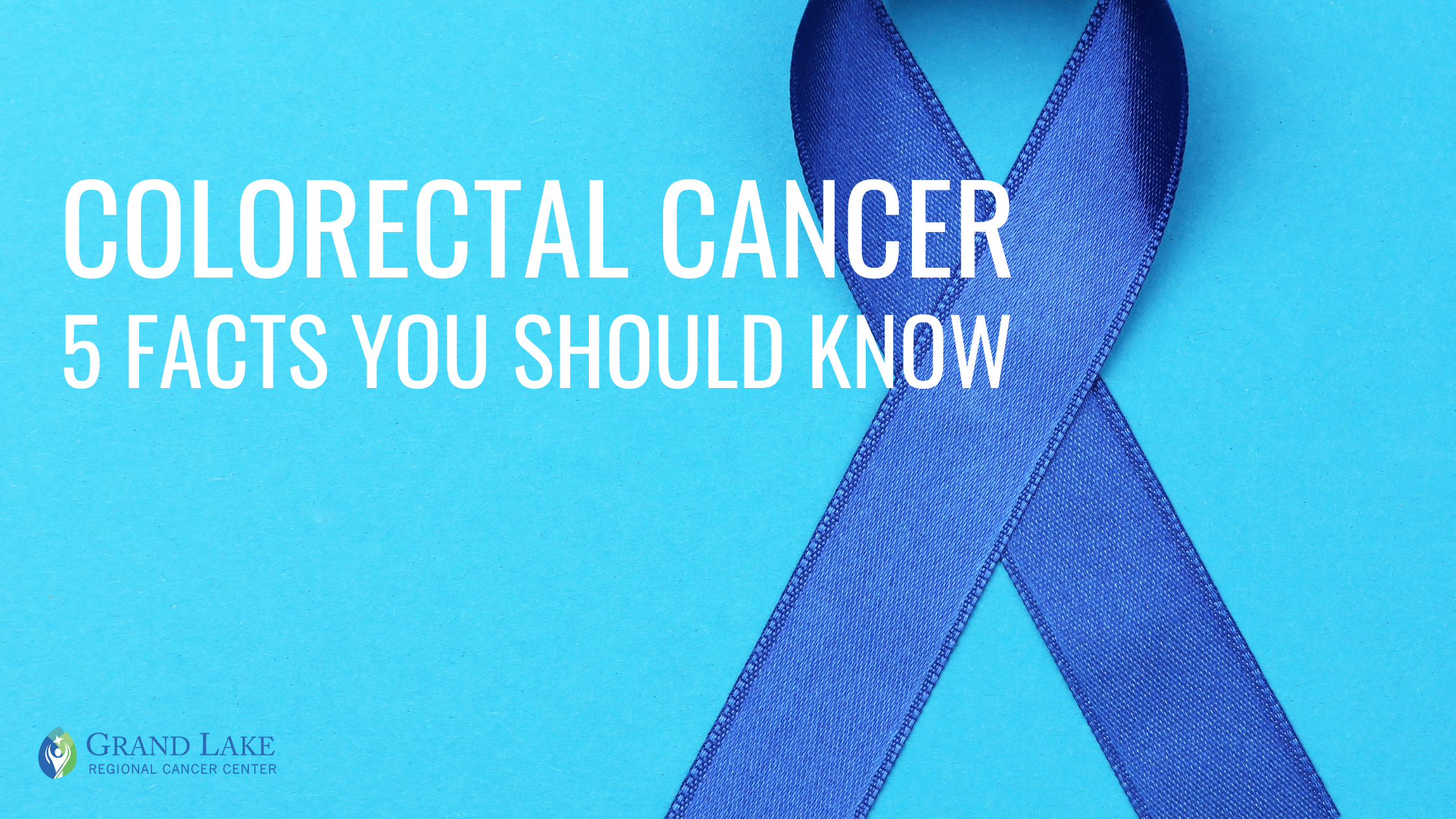
Colorectal Cancer: 5 Facts You Should Know
The month of March highlights National Colorectal Cancer Awareness, a time to reflect and educate community members, families, and the general public. This time is essential for promoting awareness of the importance of colorectal cancer screenings, how to prevent it, and interesting information along the way. For example, In the United States alone, there are an estimated 151,030 diagnosed cases per year.
To get started, here are 5 facts about colorectal cancer.
1. You may have colon cancer, with no symptoms at all
Typically, Colon cancer can develop slowly over a period of 10 to 15 years without detection. Most of the time, there may be subtle signs and symptoms that mimic other underlying causes we just attribute to everyday life stressors. Some symptoms include fatigue, weakness, weight loss, and abdominal pain. For many, these symptoms are nonexistent in the early stages.
2. Colon cancer may run in the family
People with parents, siblings, or offspring with colorectal cancer are two to three times at risk of developing colon cancer compared to those with no family history. It is recommended that most people with a family history should begin screening at an earlier age than those without. When it comes to relatives being diagnosed at an earlier age, that risk can increase up to six times that of the general population.
3. It’s the third most diagnosed in both men and women in the US
Even more so, Colorectal cancer can be found more in younger people. In 2020, there were an estimated 18,000 cases diagnosed in those under 50. It’s also the third leading cause of cancer deaths in the younger generation. People born in 1990 have two times the risk of developing colon cancer and four times the risk of developing rectal cancer than those born in 1950. Thankfully, rates of diagnoses have dropped since the mid-1980s with increased screening and elimination of lifestyle-related risk factors. It’s also said that all average-risk people should start testing as early as age 45. For those who are younger, never fear.
4. Screening works
Nowadays, screening options are becoming more and more accessible and include non-invasive, inexpensive testing that can be done in the comforts of your home. Testing methods include stool sampling, radiological imaging, flexible sigmoidoscopy, and your standard, and highly recommended colonoscopy. When detected in earlier stages, it’s more likely to be cured, treatment is less extensive, and recovery is faster. A simple colonoscopy can detect possible cancerous polyps and remove them before you can fear for the worst. For those who test early, the 5-year survival rate after detection and treatment can be as high as 90%.
5. You can reduce your risk of colorectal cancer with a healthier lifestyle
While it may not seem appealing, living a healthier lifestyle is always the way to go when reducing your risk of cancer and other ailments. Through regular exercise, you can maintain a healthy weight and strengthen your body to perform its job at keeping you in peak performance. Bonus points: you’ll feel happier, more refreshed, and energetic.
We’ve all heard it, but a well-balanced diet goes hand in hand with exercise. Those that stick to a plant-based diet have seen a significant difference when it comes to lowering their risk than their counterparts. Not interested in ditching meat? Aim for more lean and clean options for protein and reduce your intake of processed and red meats.
Other factors? Smoking can cause colon cancer. The same goes for heavy alcohol consumption. The key takeaway is that healthier changes in your lifestyle, moderation, and watching how you treat your body can make a huge difference in eliminating your risk for cancer down the line.
Are you ready to schedule a screening or do you have questions? Feel free to Contact Us for more information.







